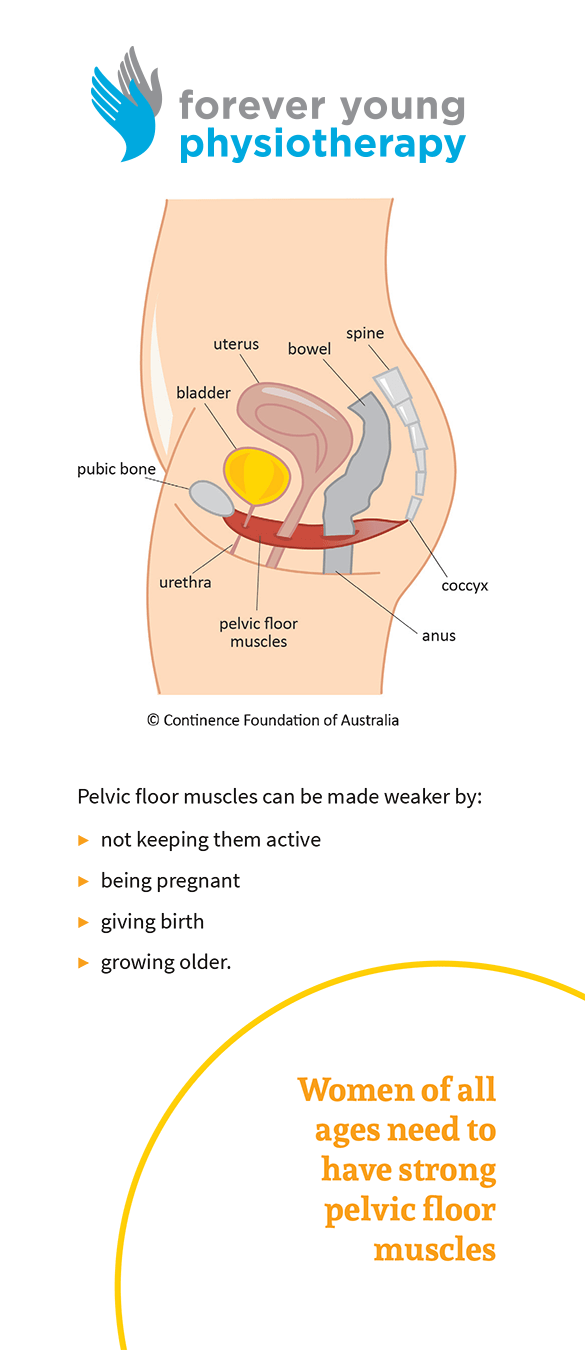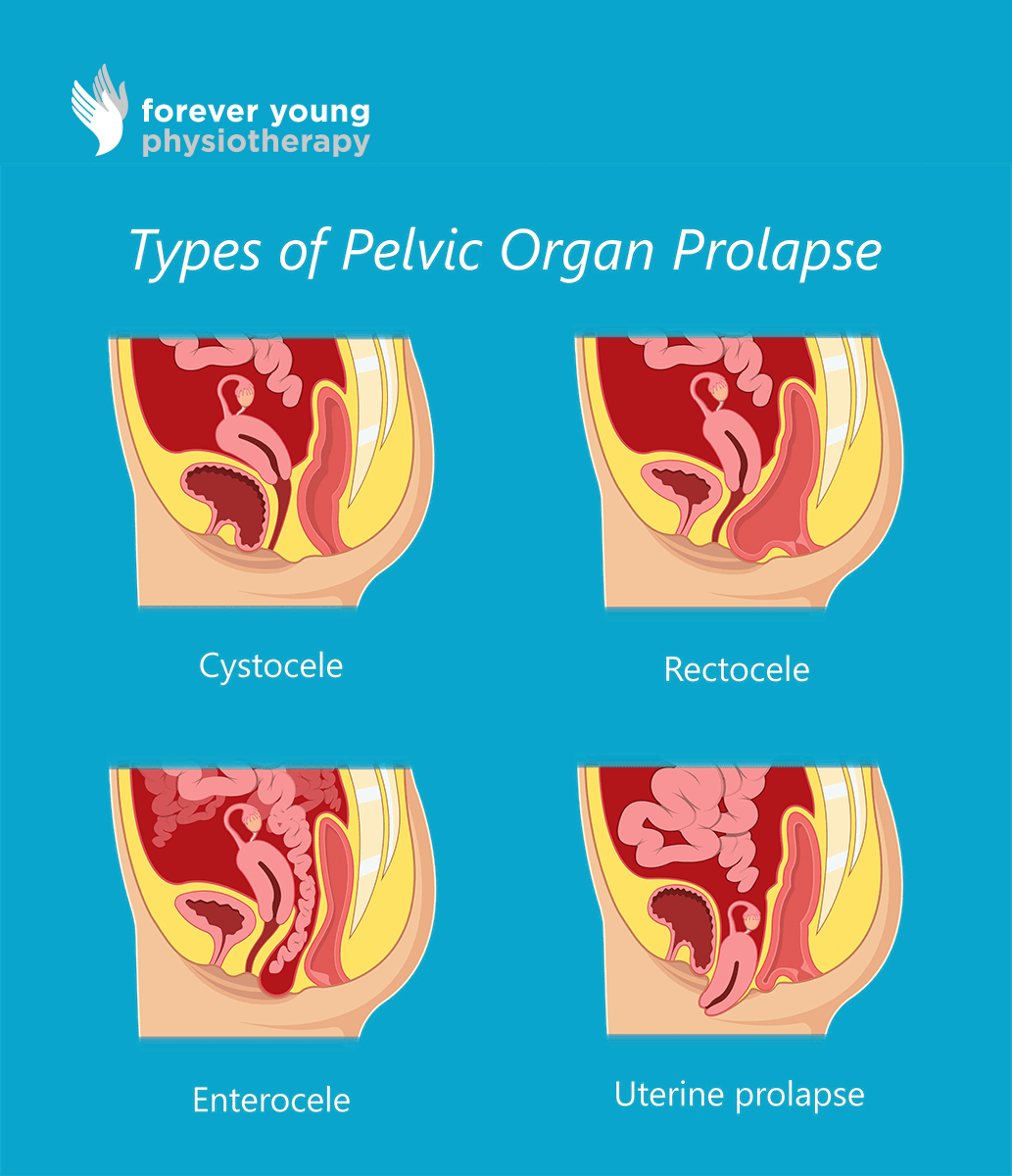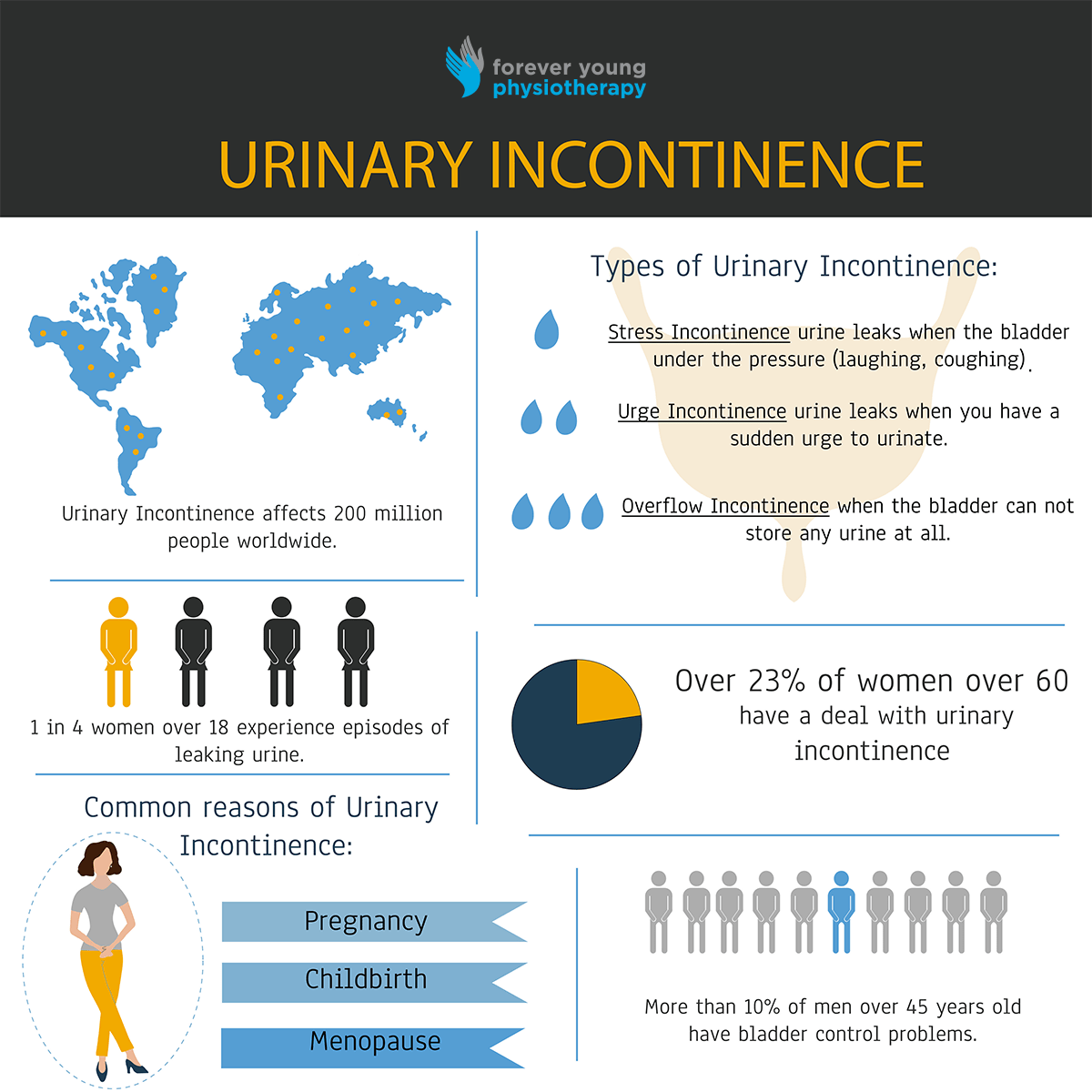FAQ’s
1. What do I need to bring to my appointment?
Wear comfortable clothing / loose clothing which is easy to move in and which can easily be rolled up or removed to expose the site of concern. Shorts or comfy active wear is the best option. If you have a referral please bring this with you, however a referral is not required to attend for physiotherapy.
2. What is involved in the initial physio session?
Your physiotherapist will conduct a thorough assessment including an extensive background subjective history and a physical examination. The assessment findings will be discussed with you. Appropriate treatment will be performed during the initial assessment and a treatment plan for follow up sessions will be outlined.
3. What is involved in an internal vaginal examination?
An internal vaginal examination is just like any other assessment performed by a physio, however yes, it is performed internally so that a baseline assessment of your pelvic floor integrity and strength can be made, location of the pelvic organs can be assessed and an assessment can be made if there are prolapse signs.
The internal examination’s main objective is to assess the pelvic floor more thoroughly than what can be achieved from external assessment.
More information on the internal assessment will be discussed with you prior to the examination being booked in.
4. Can I bring my baby to my physio session?
Yes, absolutely. Given a large number of our client’s are seen in the early post natal period, babies are most welcome to attend the physiotherapy sessions.
Babies often assist with the examination, as your physiotherapist can observe your normal postures which are part of caring for your baby. Educational advice can then be tailored around these observed postures.
Useful Resources
Pelvic Floor Muscle Training for Women

Types of Pelvic Organ Prolapse

Urinary Incontinence Stats

